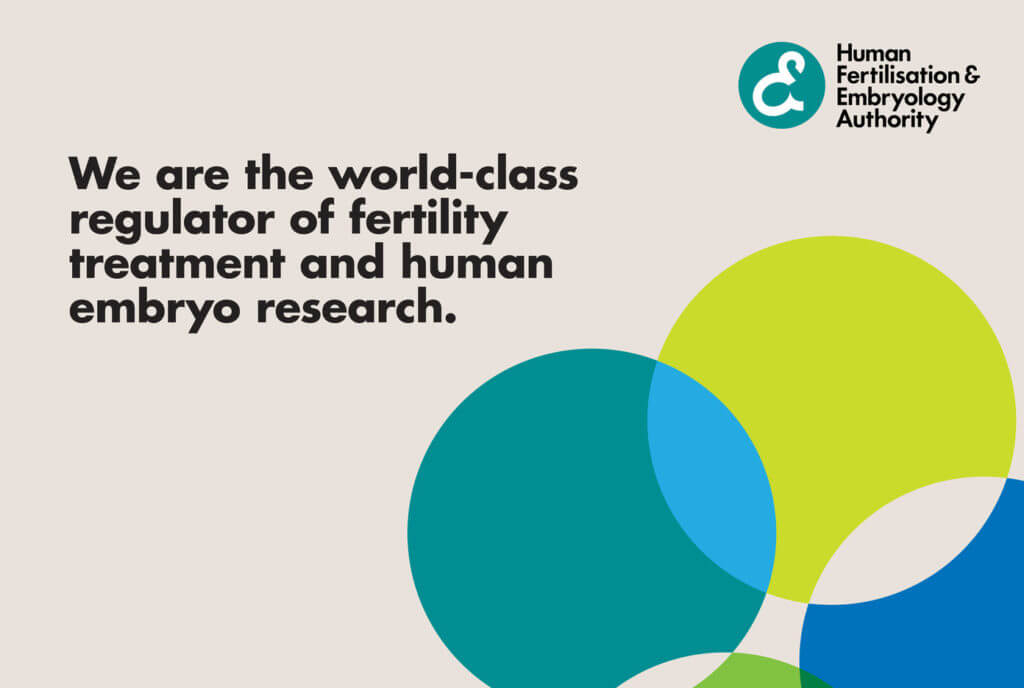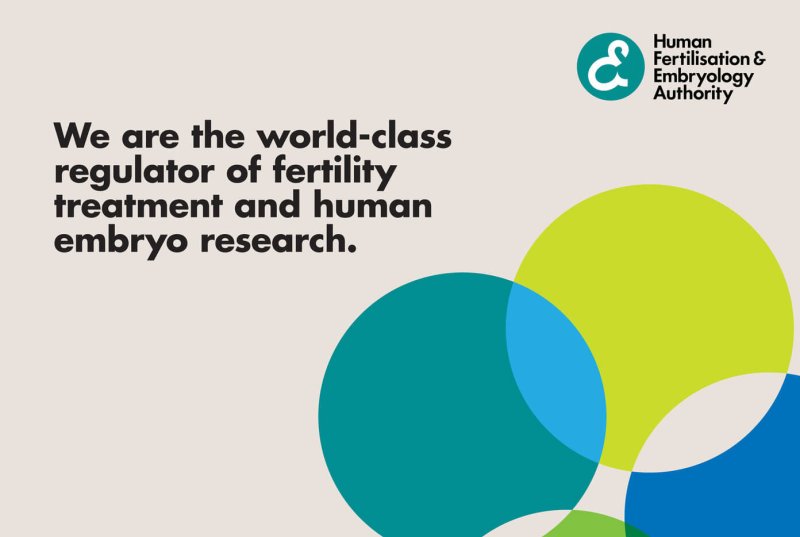Some have suggested that we look for guidance to the United Kingdom’s policy process for…“three-person IVF”….How did the UK come to enable techniques that arguably contradict a policy in force throughout Europe for more than 15 years?
I would argue that we can learn a great deal from its history, but more specifically in what not to do moving forward in the CRISPR policy debate.
…
The Human Fertilisation and Embryology Authority (HFEA)…led the charge to change UK law in order to enable embryo engineering licenses.

…
In the end, public trust has been compromised and patient’s hopes were repeatedly raised and then dashed, and now are being stoked again with the recent birth announcements – despite a startling lack of safety evidence about the health consequences for the resulting children. In my mind, this is exactly the kind of thing that threatens one’s position as a “respected” “pathfinder.”
The GLP aggregated and excerpted this blog/article to reflect the diversity of news, opinion, and analysis. Read full, original post: Dangers of an Unscientific Policy Process: Why the UK’s legalization of “three-person babies” should not be the model for CRISPR































